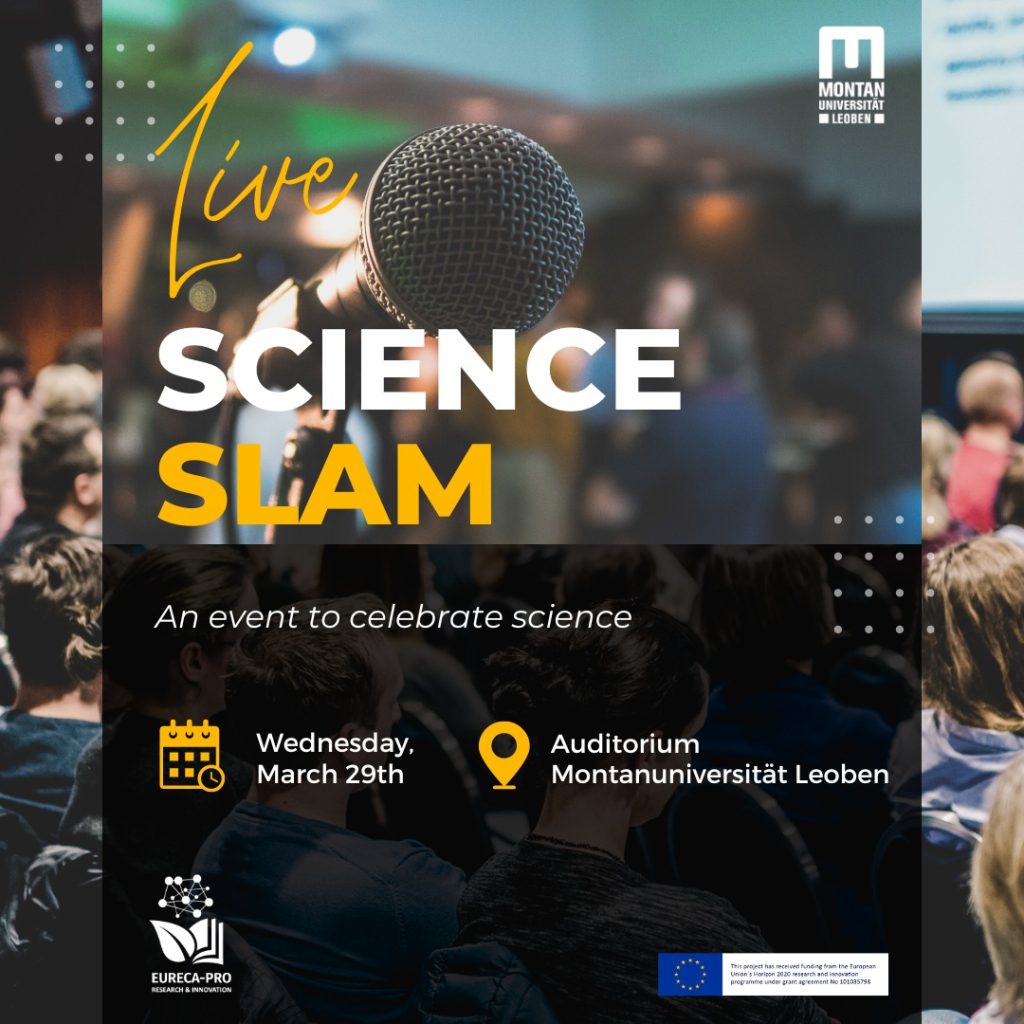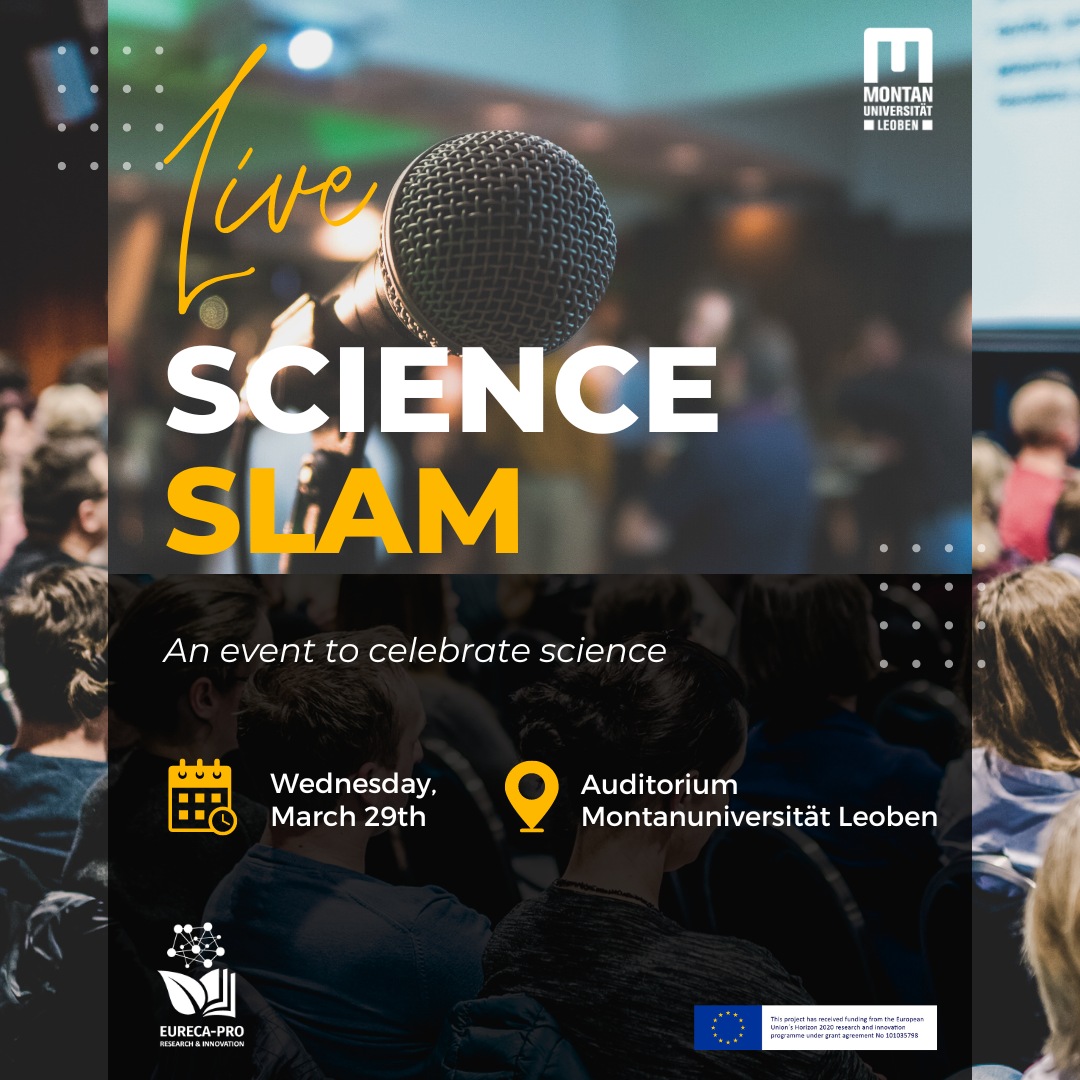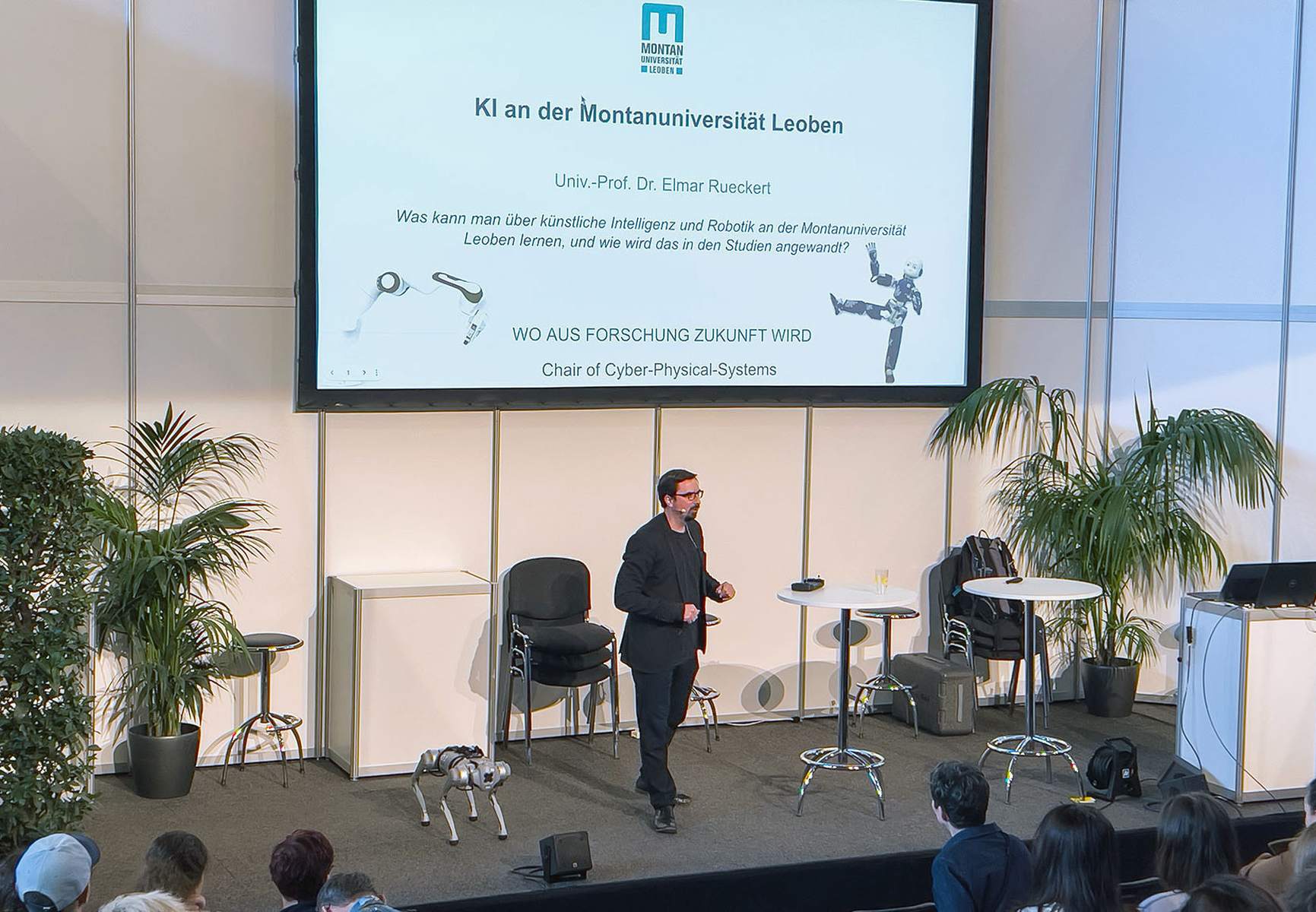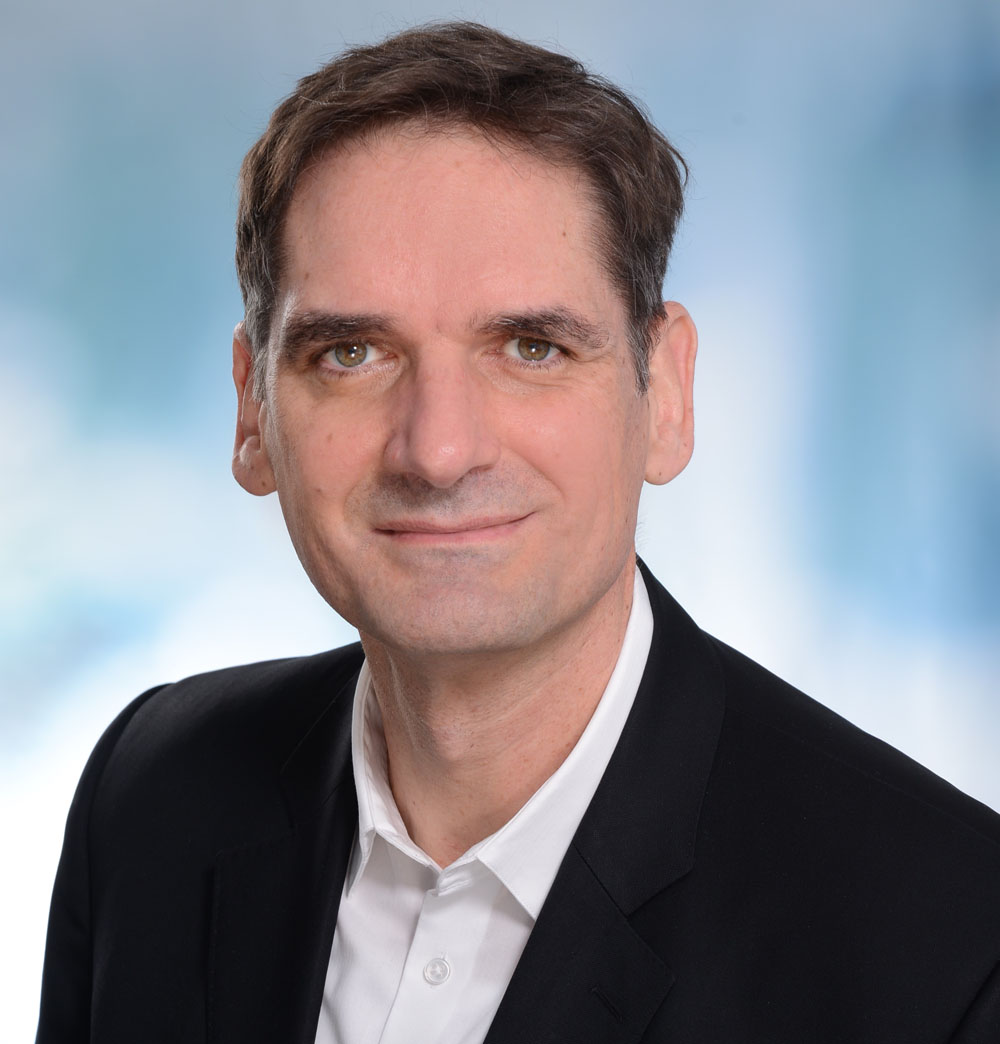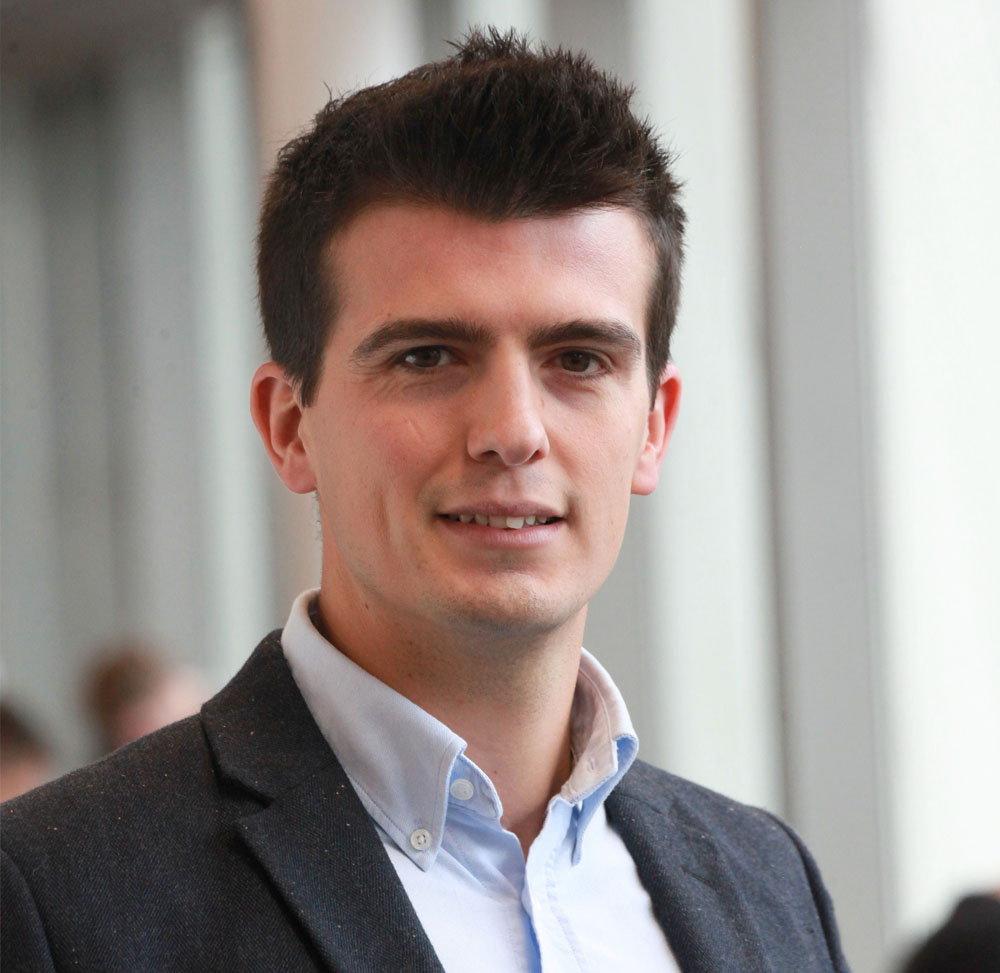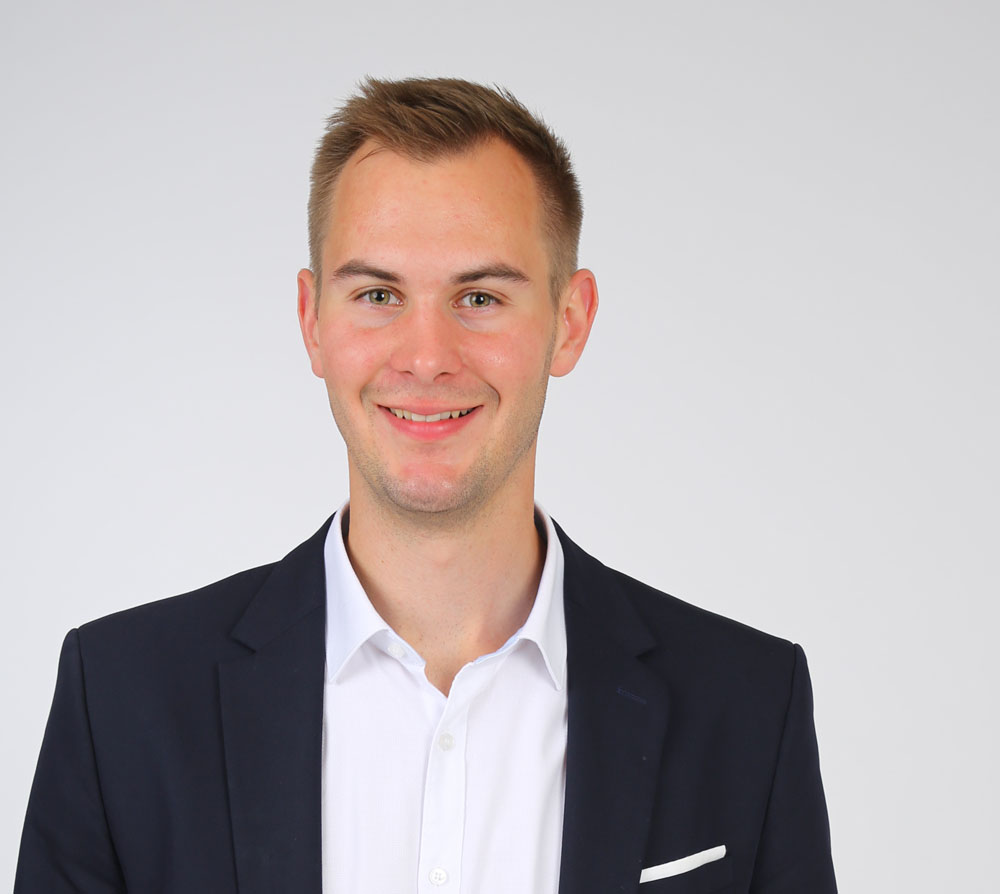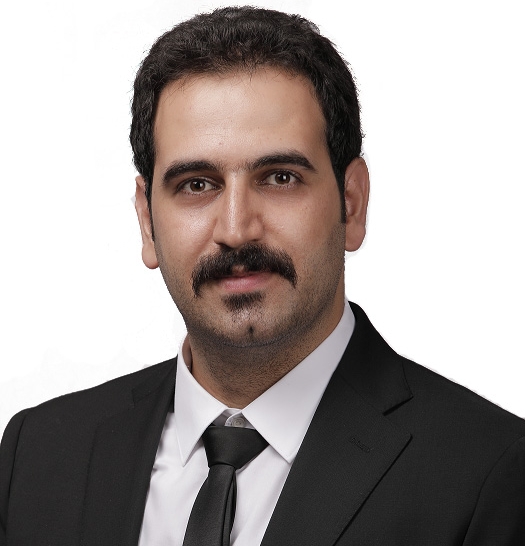Science Slam
@ Montanuniversität Leoben
29th March, 2023 | 18:00-22:00
WHAT IS A SCIENCE SLAM?
It’s an “infotainment” – an event that is both entertaining and informative – in our case, scientific. Scientists will inspire the audience with their scientific topic/idea in 10 minutes and the audience will vote for the best performance.
Rules:
- You only have 10 minutes
- No boring stuff
- 100% science
- other than that, everything is allowed (if it does not violate the fire safety regulations)
WHEN AND WHERE?
29th March, 2023 | 18:00-22:00
Auditorium & Foyer at Montanuniversität Leoben
WHO CAN PARTICIPATE?
We would like to invite all researchers (from PhD Students to Professors) from all disciplines. Anyone who is passionate about their project and would like to present research results in an entertaining way is welcome to participate in this ultimate battle of knowledge and fun!
Participation is free of charge.
TOPICS
We are open to any topic as long as it’s 100% science. But hey – we are RE- and EURECA-PRO and March is the Sustainable Month at MUL, so our beloved topic is sustainability.
LANGUAGE
German or English – choose yours!
AWARD
The audience will decide who succeeds best in bringing entertainment and knowledge into a harmonious relationship.
The winner will be announced immediately and can walk away in glory and with a material prize worth 600€.
OBJECTIVES
- To communicate current science (topics broadly related to sustainability) to a diverse audience in an entertaining, creative and understandable way;
- To appeal to the general public and strengthen the links to the non-university environment;
- To encourage citizen participation by inviting the public to vote for the best contribution.
REGISTRATION:
We are sorry, the registration deadline for the Science Slam has expired in 21st March, 2023
No tickets – everyone is invited to watch, be smarter and have fun!
The event will be streamed live on YouTube.
More information to come!
Contact person: Agnieszka Kosciuszko, email: aga.kosciuszko@gmail.com
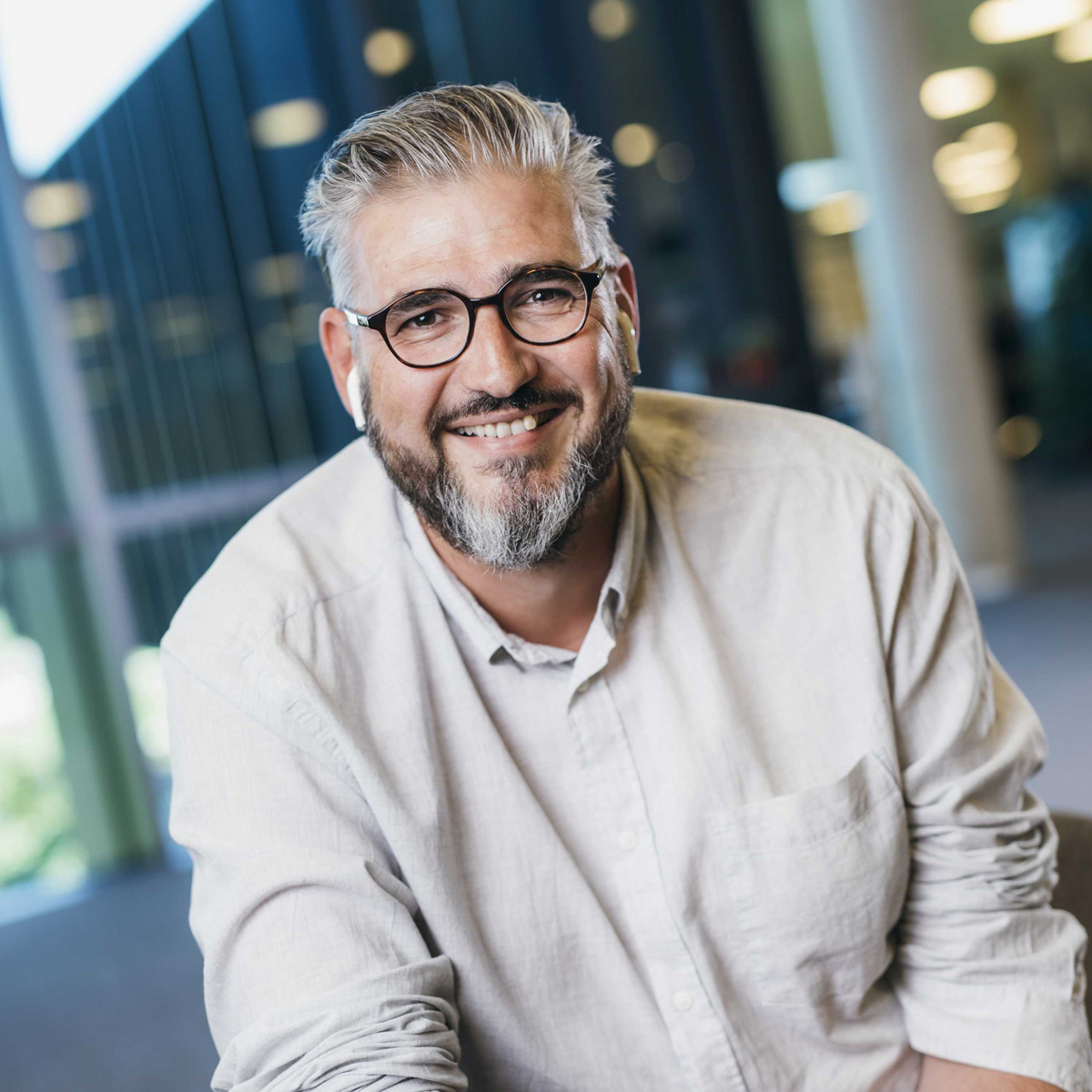
The moderator of Science Slam will be the radio-star:
Thomas Axmann, from Antenne Steiermark!
Participants
Prof. Elmar Rückert
Chair of Cyber-Physical-Systems
Meeting an A.I. Robot Dog
An artificial robot dog will be on stage, which will enter our daily life in the near future. From fears to excitement. Watch Demo!
Prof. Thomas Antretter
Department of Physics, Mechanics and Electrical Engineering
Computer Aided Material Design
The vision is to design materials on the drawing board with certain desired material properties such as strength, toughness, heat resistance etc. The tools are readily available and need to be combined. The focus of this work is on correctly capturing the interplay between the various thermo-mechanical, chemical and physical effects. Computer simulations allow to determine a set of process parameters such that after manufacturing the material has the desired properties.
Manuel Labrador Ortega, MSc
Project Manager Resources Innovation Center Leoben
MiReBooks
The use of digital technologies in higher education.
Reinhard Lerchbammer
Montanuniversität Leoben, Lehrstuhl für Nichteisenmetallurgie
Einsatz der Hydrometallurgie zum Recycling von Lithium-Ionen-Batterie
Hydrometallurgisches Recycling von Lithium-Ionen-Batterien und derzeitige Entwicklungen, nachhaltige Entwicklungen, Zukunftsperspektiven.
Mehran ABDI
Montanuniversität Leoben, Metallurgy
Origin of interfacial instability in aluminum reduction cells
In aluminum production industries, the energy needed to convert alumina to aluminum is mind-boggling. However, a significant portion of this energy (about half) is wasted as Joule heating. Our goal is to identify the reason for energy loss with the help of magnetohydrodynamic (MHD) studies and provide suggestions to reduce this energy loss.


